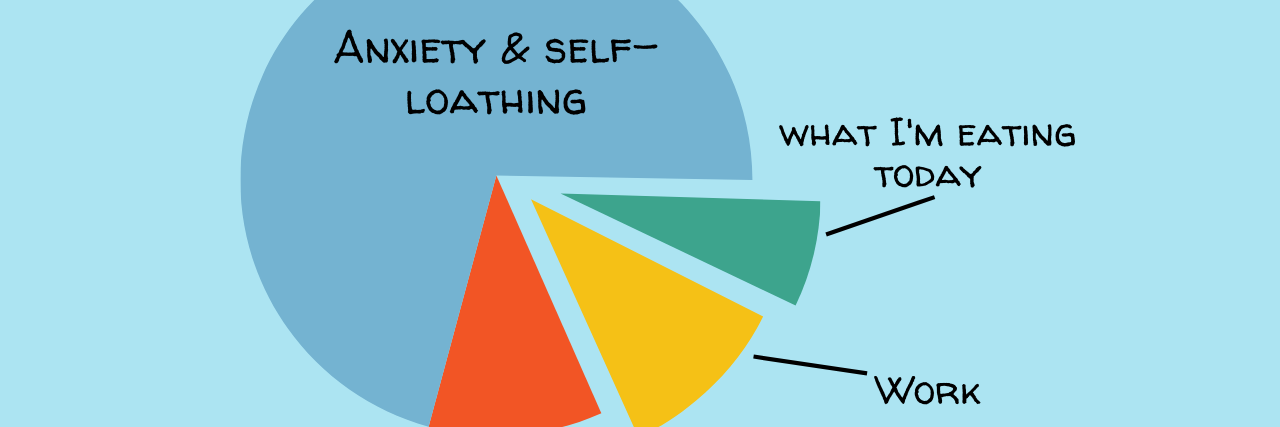What to know: A new study from Queen’s University in Canada suggests the average person has more than 6,000 individual thoughts every day. Scientists made the discovery by having subjects watch movies to identify when one thought ends and another begins. More specifically, the researchers identified “thought worms” — moments where a person is focused on a specific idea. The way this was done is groundbreaking, as scientists previously needed a template to identify each thought. The study was recently published in Nature Communications.
- Researchers tracked the thoughts of 184 participants by gathering brain activity during movie-viewing using fMRI and resting-state fMRI (rs-fMRI) data.
- The new method used by the researchers consisted of focusing not on what subjects are thinking about, but when they’re thinking about it and when they have moved on to a new idea.
According to the study’s lead scientist, Dr. Jordan Poppenk, this new research could help explore how the rate at which we think can have an effect on our mental scape and other qualities of our psyche.
Humans Have More than 6,000 Thoughts per Day, Psychologists Discover https://t.co/9xcVwhUdqu
— Wafik S. El-Deiry, MD, PhD, FACP (@weldeiry) July 15, 2020
The Frontlines: Anxious or racing thoughts, negative self-talk, worry, and overthinking are hallmarks for people who know the challenges of dealing with mental health diagnoses like anxiety and depression. These conditions affect a growing number of Americans.
- Anxiety disorders affect 1% of people in the U.S., making it the most common mental illness.
- According to the Anxiety and Depression Association of America, “anxiety disorders develop from a complex set of risk factors, including genetics, brain chemistry, personality, and life events.”
Get more on mental health: Sign up for our weekly mental health newsletter.
A Mighty Voice: Our contributor, Erin Kerry, shared her struggle with bipolar disorder and depression and how racing thoughts affected her saying, “During times of stress, my thought patterns can spin out of control. I swing from catastrophic, worst case scenarios, to numbed paralysis and the inability to want to do anything. Both of those, and everything in between, are traps for my mental health.” You can submit your first person story, too.
From Our Community:
Apparently you have more than 6,000 thoughts per day. What’s your thought breakdown?
Other things to know: Our Mighty contributors know well the struggles of dealing with unwanted or spiraling thoughts that are common with mental health conditions. You’re not alone and here are several articles that might also help you get back on track.
- Daily Thoughts of Someone With ‘High-Functioning’ Anxiety
- 12 Salty Comebacks for When Depression Says ‘You Suck’
- 15 ‘Borderline Thoughts’ People With BPD Have Every Day
How to Take Action: If you often deal with overthinking and intrusive thoughts, you may have an undiagnosed mental health condition, or could benefit from extra support. Here are some resources that may help, and always speak with your doctor if you are concerned.
Header image via Sarah Schuster/The Mighty

